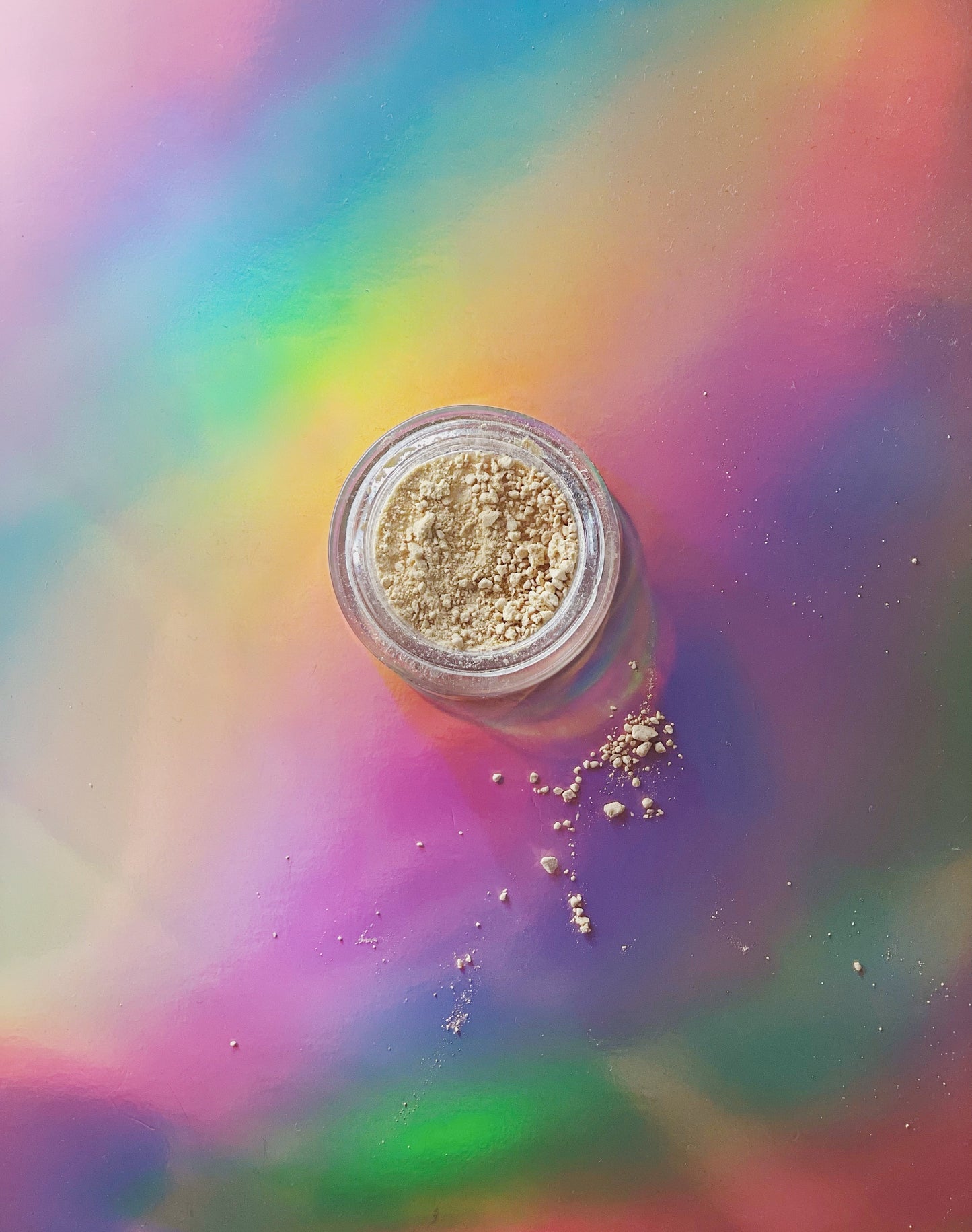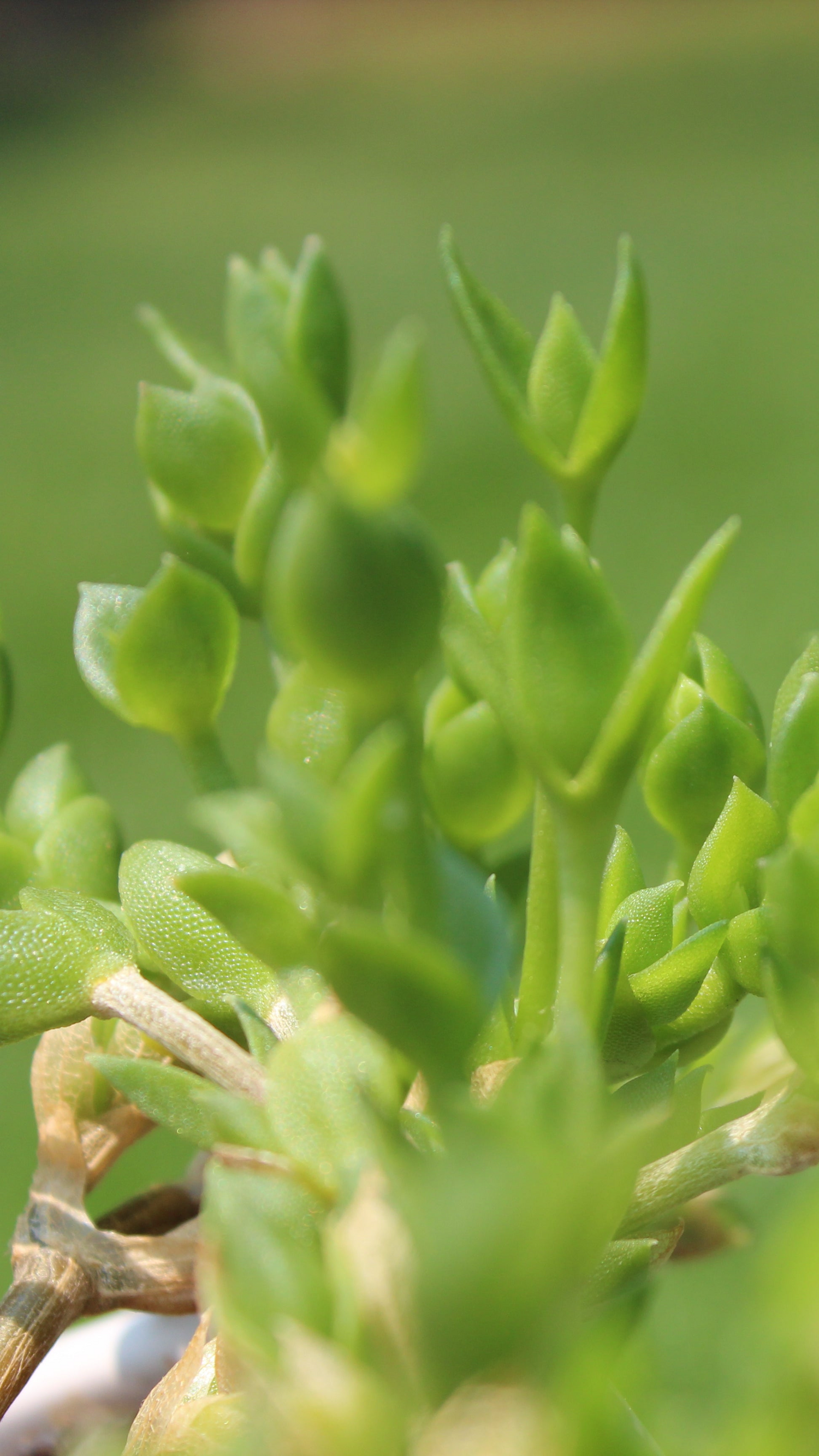
Healing Herbals
Kanna Extract Sampler: 4 Quarter Grams
Kanna Extract Sampler: 4 Quarter Grams
Couldn't load pickup availability
What is Kanna?
What is Kanna?
Kanna (Sceletium Tortuosum) is a flowering succulent plant native to South Africa. Kanna has been enjoyed for generations. This Kanna Extract has been specially formulated for higher concentrations of mesembrine- kannas most abundant and most sought after compound.
How to use
How to use
Healing Herbals Kanna Extract comes in a glass jar, with a small scooper and desiccant for ease of enjoyment. Every extract is unique, and best enjoyed with friends.
Safety & Testing
Safety & Testing
Healing Herbals Store is commited to quality kanna, extracted and perfected to ensure premium plant based alkaloids suspended on a mannitol substrate to ensure a consistent, high-quality & compliant product.
Kanna Extract Sampler: 4 Quarter Grams - Kanna Extract Sampler Kit
The Kanna 4 Quarter Gram Sampler is perfect for those curious about exploring Sceletium tortuosum. This introductory set includes four 0.25 g jars of different kanna extracts, each with its own unique alkaloid profile:
-
MZO and MT-55 – mesembrine-rich varieties often chosen for focus and clarity.
- VU3 and FS-33 – mesembrenone-forward extracts traditionally valued for their calming qualities.
All extracts are sustainably sourced from South Africa and undergo third-party lab testing for purity.
History: Kanna (Sceletium tortuosum) is a succulent plant native to South Africa, where it has been used in traditional settings for centuries. Its diverse alkaloid compositions have made it a versatile botanical in cultural practices.
Usage and Directions: Suggested serving size 5–15 mg per dose, measured with the included spoon.
Methods of Use:
-
Sublingual (Under the tongue)
-
Oral ingestion
- Intranasal application
Onset typically occurs within 10–30 minutes. As with any concentrated extract, begin with the lowest serving size to assess personal sensitivity.
FDA Disclaimer: This product and its statements have not been evaluated by the FDA. It is not intended to diagnose, treat, cure, or prevent any disease.
Share

A good introduction into kanna. My favorite would be xk6 it seemed to really agree with my body. Mzo is my 2nd favorite ive used it in the day time preferably and its like a breath of fresh air commercial as im cleaning my house lol.
I've had an excellent experience with each of these. That being said, I eventually blended all 4 and let me tell you, the end result was definitely the most intense. 10/10 will buy again.
Being able to figure out what works for me before wasting too much money on something when I might prefer something else is so amazing and I love that yall have the option to do that!!
Great option to see what the different effects of each refinement does for you, at a reasonable price.
I was not sure what kind to order and saw the sample pack, excellent choice for someone just testing the waters with Kanna.

Kanna & Quality
Healing Herbals commitment extends through sustainable and ethical sourcing of Sceletium tortuosum. We ensure that our plant material is organically grown, without the use of synthetic chemicals, and sourced either from well-managed farms or sustainably maintained wild ecosystems on private lands.
In alignment with our ethical practices our main suppliers participate in fair sharing agreements with the indigenous San and Khoikhoi communities including the South African San Council. These are the traditional knowledge holders of Sceletium. Additionally our suppliers are authorized by the Western Province Department of Cape Nature to distribute and export Sceletium globally

History of Kanna
This revered herb, indigenous to South Africa, has played a significant role in the lives of the local people, particularly the Khoikhoi and the San tribes, since prehistoric times. These tribes, initially hunter-gatherers, used Kanna for various purposes including relief from thirst and hunger, to combat fatigue, and for social and spiritual purposes. They had a profound connection with the plant, associating it with the sacred eland antelope and referring to it by the same name: 'Kanna'.
The first isolation of an alkaloid from Sceletium tortuosum was in 1898 by Meiring, who called it mesembrine. This discovery led to a deeper understanding of the plant's chemical composition, though its exact composition remains elusive.
Kanna's long-standing history reflects its significance in South African culture and its evolving role in global herbal medicine and recreational use. From its traditional roots to modern applications, Kanna has remained a plant of great interest and value.

